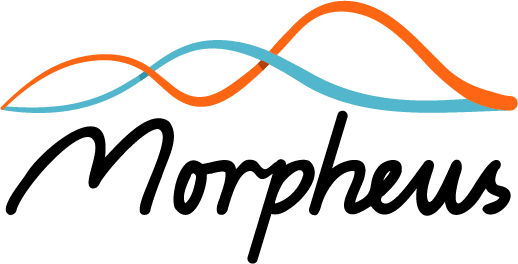MORPHEUS
Venous thromboembolism (VTE) is a frequent and life-threatening disease. In 50% of cases, VTE occurs in the absence of any major risk factors (unprovoked VTE). In these patients, when anticoagulation is stopped after 3 months of anticoagulation, more than 35% will develop recurrent VTE. Consequently, international guidelines recommend to treat these patients “indefinitely”. However, such practice exposes them to a substantial increase risk of bleeding. Nevertheless, after several years of anticoagulation in all patients with unprovoked VTE, the risk of anticoagulant-related bleeding is expected to exceed the risk of recurrent VTE after stopping treatment.
In addition, extending anticoagulation indefinitely in all patients with unprovoked VTE exposes 65% of patients to an unjustified high risk of bleeding, who would never have experienced recurrent VTE after stopping treatment. In this setting, optimal duration and management of anticoagulation remains a pivotal and unresolved challenging issue which has the potential to markedly improve long-term prognosis of unprovoked VTE.
Based on quantitative and qualitative approaches, MORPHEUS will for the first time integrate (i) clinical, laboratory and imaging biomarkers (personalized medicine) and (ii) socio-anthropological markers (patient-centred model) into sets of prediction rules for optimizing anticoagulant management integrated in a shared decision-making process.
The ultimate goal of the European MORPHEUS project will be to develop and validate a time-dependent multi-component tool integrated in a shared decision-making process regarding anticoagulant treatment duration in patients with unprovoked VTE.
Population: adult | Intervention type: Non-interventional



